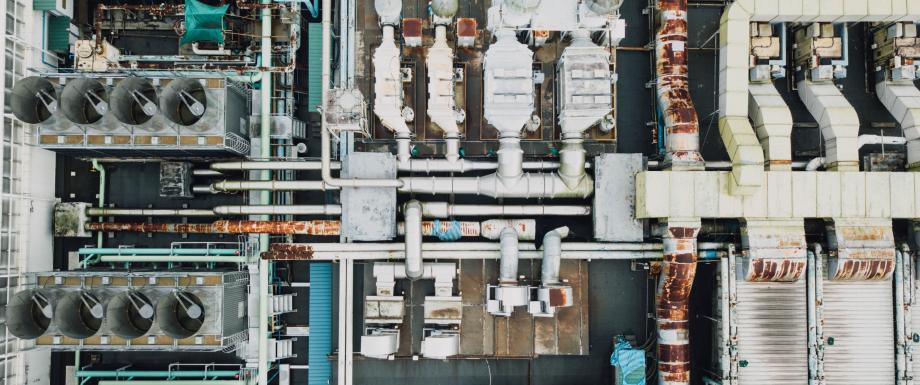- News
- The Chamber Turned To the Riigikogu In Relation To the Labour Problems of the Industrial Sector

The Chamber Turned To the Riigikogu In Relation To the Labour Problems of the Industrial Sector
On Monday, 13 April, the Chamber of Commerce and Industry sent an address to the Riigikogu in which we requested that an exception be foreseen for aliens in the Aliens Act, which would allow aliens to continue working in Estonia during the emergency situation.
Foreign labour problem is serious also in other sectors
The Chamber fully supports the exception to be added to the Aliens Act, which would allow aliens to continue working in the agriculture sector Estonia even during the emergency situation. At the same time, we consider it necessary to extend this exception for al aliens working in Estonia, not only aliens employed in agriculture. The problem is equally serious in other sectors and we have received feedback from entrepreneurs and professional associations that in addition to agriculture, similar exception is required by entrepreneurs in other sectors. The Chamber has primarily received information according to which this exception is needed by the industrial sector. For example, the machinery industry is in a difficult situation, as far as is known to us, an exception for certain professions is needed also for the electronics and mining industry.
Mait Palts, Director General of the Estonian Chamber of Commerce and Industry commented the address by saying that entrepreneurs must be treated equally, and we should not make the situation even more difficult for the entrepreneurs who today manage without external help. “If we implement restrictions that are not relevant, we send more entrepreneurs and employees to stand behind the door of the Unemployment Insurance Find and KredEx. At the moment, there should be a contrary aim and the state should support companies that are able to manage independently as long as it is possible.” Palts added that we should keep in mind that if we force a foreign specialist to leave, a local person will lose their job, too. This in turn would mean lower tax revenue and higher cost for the state.
We need skilled workers, not unskilled workers
The Chamber is emphasising that businesses mostly need skilled workers, not unskilled workers. The interest of entrepreneurs to hire unskilled workers is decreased by the requirement in the Aliens Act according to which even aliens who are employed for a short-term period have to be paid a salary that is at least the Estonian average. Considering the fact that in the crisis situation, entrepreneurs have to reduce costs, including cut wages, hiring an alien is a very considered and essential step as the costs of hiring an alien are not usually lower.
Without the exception, some businesses may face, in addition to the corona crisis, a labour crisis, because the aliens employed in Estonia for short period must leave Estonia after their visa has expired and new third country citizens are currently not allowed to enter Estonia. As a result of the labour shortage, businesses may find it difficult to fulfil orders and that in turn decreases their turnover and export, jobs of local employees may also be in risk.
Triin Ploompuu, Member of the Board of the Federation of Estonian Engineering Industry said that it is impossible to immediately assign random people to the welding or bench operating positions in the machinery and metal industry. “We need qualified workers. We had a shortage of skilled workers already before the crisis in Estonia, this means that the crisis will become even more severe if we have to give up foreign labour force,” says Ploompuu and she added that industry is the one whose wellbeing is the determining factor for how the Estonian economy is to come out of the crisis, because they ensure work for service providers, logistics sector, IT, engineers and many others.
“The Machinery and metal industry are strong exporters and taxpayers, and we expect an understanding attitude in the current emergency situation as well as deeper understanding of the functioning and problems of our sector. In the longer perspective, all those who are interested are very welcome to start vocational and technical training from September!” she says.
Without the exception, the number of local people who need support, may rise
In summary, the tax revenue of the state may decrease and the number of local people who need support from the state may increase. We find that it should be in the interests of the state to support in any way the companies who still have orders coming in and who can work without having to use the support measures.
We would like to emphasise that the companies prefer to employ local workers, but many positions cannot be fulfilled with local employees, because they lack the respective skills. In the conditions of the crisis, the number of unemployed people will increase, but as a rule, they lack the necessary skills in order to immediately start working as a skilled worker in the industrial sector. Furthermore, it is impossible that an unemployed person acquire the necessary skills within just a few months. Additionally, we should take into account that as a result of different support measures, the local workers may not be motivated to quickly return to the labour market.


